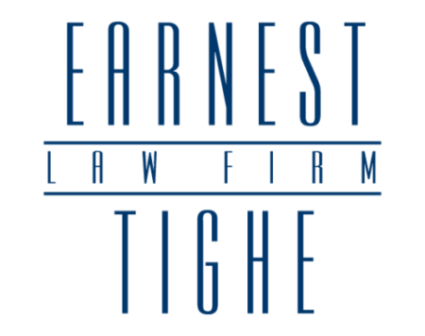In addition to purchasing residential property in South Florida to call home, more and more people are purchasing income properties that they are renting for both short and long term occupancy periods.
Landlords need to be sure to do their homework regarding landlord/tenant law in the State of Florida. Chapter 83 of the Florida Statues covers residential landlord/tenant law and is very specific about the duties of a landlord in a variety of situations. The Florida Statutes are available online for free at: www.flsenate.gov. Any landlord in this state should have a copy of this statute and should make a point of becoming familiar with it in its entirety.
Among other things, the statute contains provisions dealing with prohibited clauses in rental agreements, the obligations on the part of both the landlord and tenant with respect to maintaining the leased premises, payment of rent, how a security deposit or advance rent must be held, and remedies for breach of the rental agreement. It even addresses the issue of what to do when a tenant has a waterbed! Two provisions of the statute that are the subject of many disputes are the provisions regarding the landlord’s right of access to the premises (when and how the landlord may enter and when a tenant’s consent is required) and termination of the lease, including the return of the security deposit.
Landlords should carefully read the sections pertaining to the return of a tenant’s security deposit upon the termination of the lease. If the requirements are not strictly complied with, a landlord risks forfeiting the right to make a claim against the deposit. For instance, the statute suggests language that should be used when a landlord notifies a tenant of a claim against a security deposit, deadlines for when notice must be given by a landlord of a claim (or an objection made by a tenant to such a claim), and how the notice must be sent.
Chapter 83 is a roadmap the State of Florida enacted to guide both residential landlords and tenants in rental situations. Don’t go off in the wrong direction!
